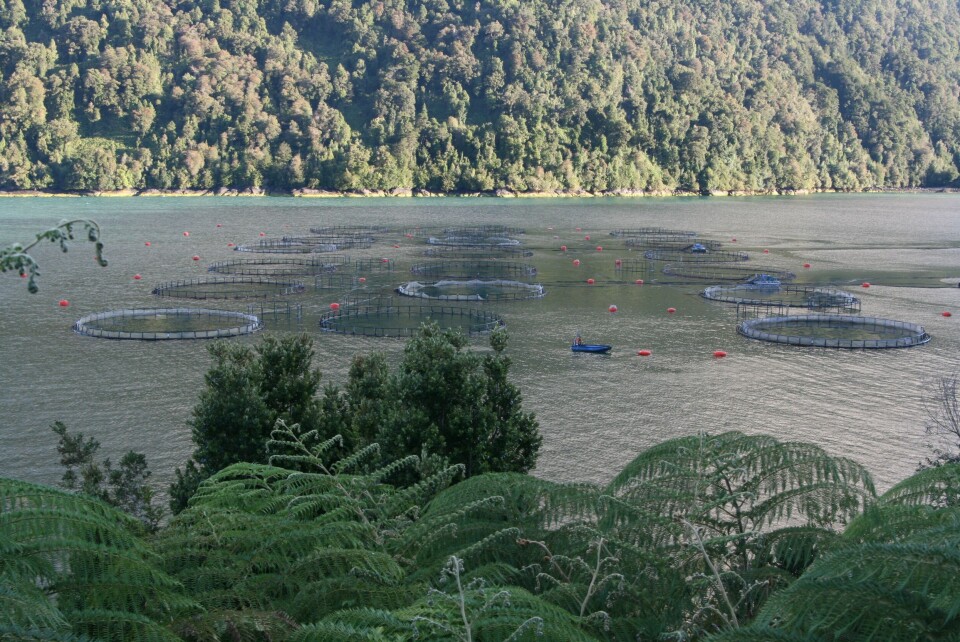
Chile to double production by 2030
The CEO of Chile's meso regional salmon programme, Carlos Wurmann, believes the country should be producing 1.1-1.3 million tonnes of salmonids annually by 2030.
The executive said the programme came from the government's agenda of innovation, productivity and growth.
“The strategic programmes, which are sponsored by Corfo, are being designed as mobilizers of great ideas in the country, in order to impact our economy in a sensitive and important way,” he said.
In specific, Wurmann said that the main objective of the meso regional salmon programme - which covers four regions (from Araucanía to Magallanes) - is proposing a strategy to achieve a target vision traced to 2030, which is being analyzed in its different options. Regarding the status of this proposal, Wurmann said is expected to be finished in mid-March and presented in front of an inter-ministerial committee in April this year.
As for sectoral targets for 2030, the president said the programme expects the Chilean salmon industry to double its current production.
“The sectorial goal we have set for 2030 is to achieve a production between 1.1 to 1.3 million tonnes of salmonids, which would generate volumes valued between US$ 8,000-9,000 million," he explained, adding that “if these production levels are achieved, the industry should be able to increase its current levels of employment from around 70,000 people today up to 110,000 people.”
Meanwhile, the director of the company Prospectus Consulting, Raul Laban, said that there are several challenges related to these growth expectations.
“They require a most efficient use of strategic factors such as fresh water, energy, wild fish as a feed source, environmental footprint, among others.
“When these gaps are reviewed from the production, technology and competitiveness points of view, we not only have a significant gap compared to other salmon producing countries (Norway, Canada and Scotland), but those gaps have been even increasing over time,” he said.























































